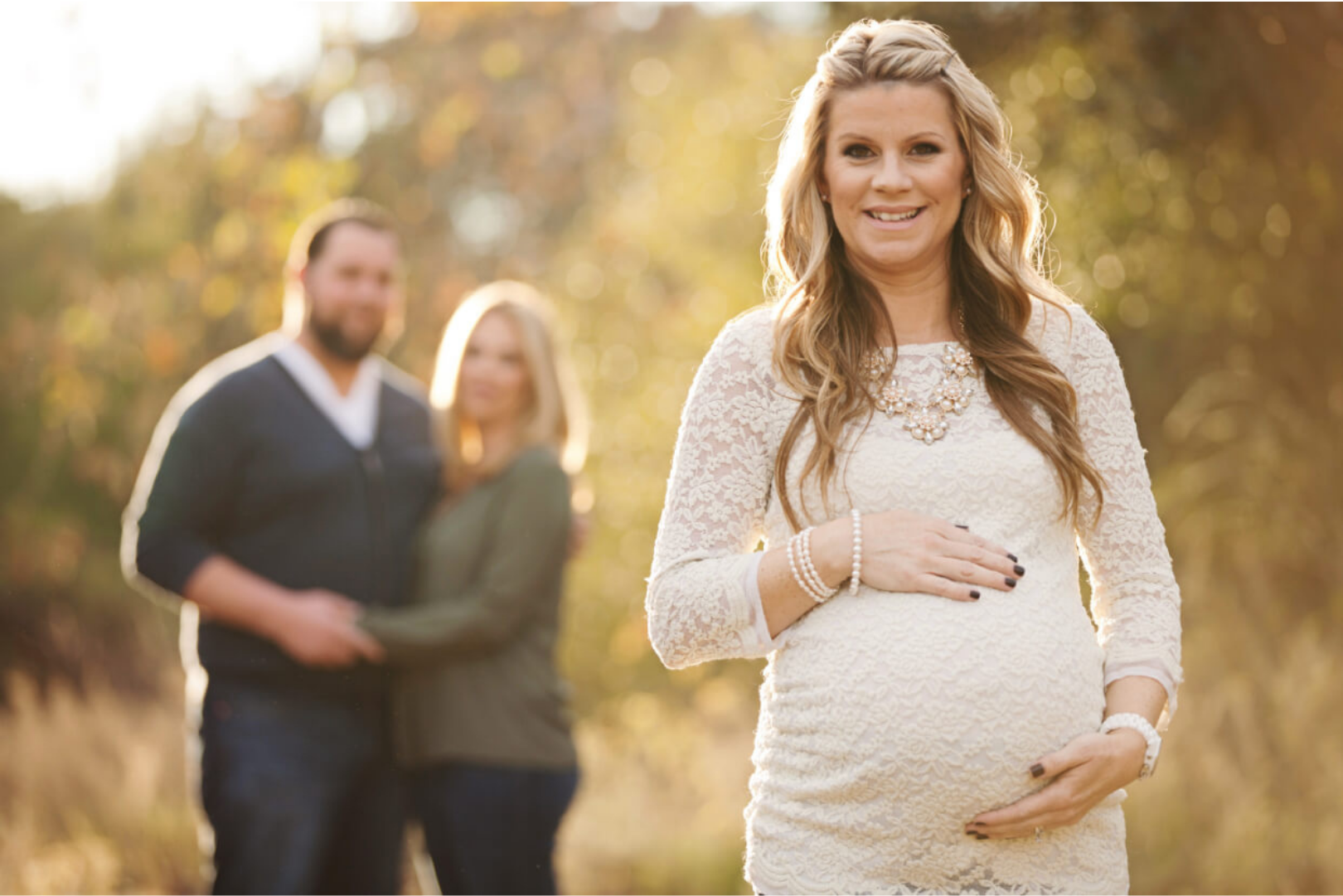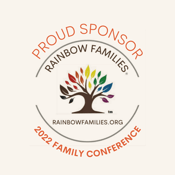
At this moment, surrogacy in the United States isn’t regulated by federal law. Each state can carefully assess what they want to impose regarding surrogacy journeys and how they should be performed in each state.
With each state having such different laws that vary so widely, it’s important to take into careful consideration all of the elements before you choose where you want to have your journey. Based on your needs and what you’d like for your journey, choosing the right state to have your child through surrogacy in is crucial.
Here is a guide to surrogacy state laws in the United States of America.
California has been the front-runner for surrogacy journeys for quite some time. They offer pre-birth order laws that can give you peace of mind on your journey. There have been many court cases that have supported couples utilizing a surrogate pregnancy.
Arkansas has reevaluated their laws and stances and in recent years has become a friendly state for a surrogate pregnancy. In 2017, the courts in Arkansas made a ruling that was friendly for both gay and straight parents going through the IVF process. Arkansas does have a down side however, stating that same-sex couples do need to be married.
Delaware is a great state to find a surrogate or have your child, too. District of Columbia upholds surrogate pregnancy agreements by statute. Illinois is another great state to have a child via surrogacy as well. Maine, Nevada, and New Hampshire all have great things about their latest laws regarding surrogacy.
Arizona is quite the stickler about surrogacy and not for very good reasons. Hawaii is another state with tricky laws and little support. They too don’t offer pre-birth orders.
Surprisingly, New York is not a surrogacy journey friendly state. Utah however, is perhaps one of the worst places to carry out your surrogate pregnancy, especially if you’re a gay couple.
Michigan, Missouri, and Nebraska all have need major improvements for to have a comfortable and safe surrogacy journey there.
So, what’s the difference? A Declaration of Parentage is a court order that can be applied for in the third trimester. This will inform how the hospital should put the name of the intended parents on the birth certificate. States that uphold a pre-birth order won’t put the surrogate’s name on the certificate.
Those states that don’t uphold pre-birth orders support post-birth orders instead. This is an order that will determine the parentage of a baby based on whatever arrangement was made in the surrogacy contract.
The problem with post-birth orders is that they give a surrogate the opportunity to contest the order and potentially make a claim for her own parental rights. This is extremely rare, as surrogates sign up for the process wanting to help a family altruistically and are more than happy to deliver the children on behalf of intended parents.
Things like location, type of surrogate, and state laws are all things to consider when choosing where to start your surrogacy journey. Setting yourself up for success is always a good idea by considering all of the elements.
Here at Hatch Fertility things can be tailored to fit all of your needs in. When you’re ready for an incredible surrogate and experienced professionals who can make your journey a seamless process, contact us today.
These Stories on Surrogacy - For Intended Parents

.png?width=150&height=150&name=Open-Door-Badge_Beyond-Inclusion-LGBTQ-101%20(1).png)
